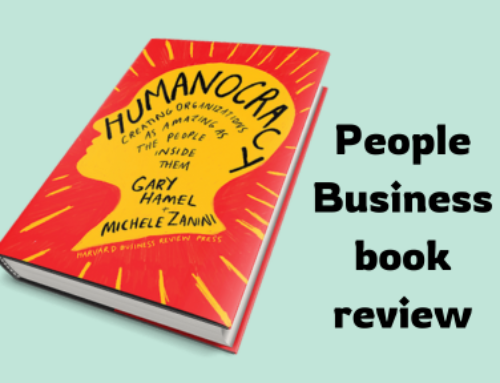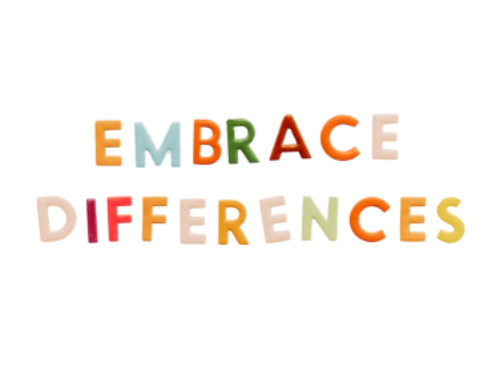Interview with a mediator – Daniel Roberts-Green, Senior Talent Consultant at People Business
Continuing our series introducing you to our team here at People Business, we have chatted to our Senior Talent Consultant, Daniel Roberts-Green who joined us at the end of 2022, about his mediation experience. Daniel is a passionate advocate for people and organisational development, and his experience leading HR departments in national and global companies has given him insight into the grittier sides of employee relations and this inspired him to qualify as a mediator.
Daniel, you’re a coach, consultant and experienced HR professional so what inspired you to qualify as a mediator?
My career began in learning and development… I started delivering maths and English functional skills to management apprentices guided by a pretty special facilitator, and my passion has been helping others to achieve their potential ever since.
My most recent role got me into the grit of employee relations, HR processes and, all too often, grievances. Watching two people verbally attack one another, approaching the situation as though in order to come out as the winner, the other party had to lose… it was a depressing and expensive waste of everyone’s time and energy which very rarely resolved the actual problem.
I wanted to explore other options that could achieve a most collectively positive outcome for the parties involved and the organisation, which led me to mediation. Having completed my formal training to be an internal workplace mediator in 2021, I completed my Civil Mediation Council accreditation earlier in 2023.
Could you explain what mediation at work is and how it adds value to organisations?
Grievances leave a sour taste and it’s often hard to recover a relationship from that position. What I discovered from mediation was a completely different approach to resolving conflict, allowing both parties to compromise and move on positively with a win/win outcome.
Mediation gives individuals the opportunity to speak with each other with complete confidentiality. The conversation is also ‘without prejudice’, which means it cannot be used in any subsequent HR action between the parties. That often allows people to be more honest in their conversations, which leads to a more complete resolution.
A slight oddity of the process is that the ‘client’ is often an employer, but our position as mediators is always one of loyalty to the participants and the process. This can sometimes feel odd for the employer; they want to know what the outcome is and how things are going to be different… but that isn’t our role. The two participants can agree to share certain aspects of the mediation but it is their news to share, not ours.
Mediation also maximises the opportunity for the business to retain its talented people in an environment where the issues have been sounded out and dealt with, rather than left to smoulder in the background. If both people want to stay in the business, it’s always worth trying mediation in the first instance.
What do you enjoy most about being a mediator?
I really like building the trust and relationships with the two parties, then guiding them along the journey. They don’t need to like me, and indeed my role will involve me asking some difficult questions, going places that they may not want to go. But they do need to trust that I am there to support them through the process without taking sides.
Are there particular skills / qualities that a mediator needs to be effective?
In many ways, facilitation and mediation require very similar skillsets. My role is not to talk at the parties; it’s all about creating an environment where they want to share and speak with each other. There needs to be a mutual trust formed quickly where all parties engage with you to help achieve the best outcome for everyone. Courageous questioning is a critical skill in mediation – you need to be willing to ask the difficult questions and help people to be authentic in their responses.
Mediation also requires a fair bit of stamina. All parties are briefed before start of the session to avoid ‘hard stops’ as much as possible; mediations take as long as they take. The hardest part is getting going and we can spend half the day before bringing the parties together. Once we get in the groove, it’s really important to maintain momentum so mediations can often run late. All parties, including the employer, need to engage with that and commit the time required on the journey to an acceptable outcome.
What should an organisation consider when selecting a mediator?
There are some sensitivities to consider. For example, let’s say the situation involves accusations of sexism or racial discrimination, involving a white male. As a white male myself, the decision might be that a different mediator would be a better bet. Whilst it wouldn’t make any difference to the way I would mediate, it’s absolutely OK to have these sorts of discussions, remembering that the end goal is to allow all parties to feel like they can trust the mediator to help them collectively move on.
A good mediator will be able to listen and guide parties along the journey regardless, but it doesn’t make sense to add any unnecessary hurdles to the process.
What difference does mediation make – how do you know when it is working?
From a mediator perspective, there are probably three key points in a mediation: the moment when you feel like it’s time to bring the parties together, the moment when you recover the inevitable dip and potential regression and start collectively moving towards a solution, and the point when a binding agreement is made between the parties on how they will work together going forwards.
From an employer perspective, you’ll know it’s working when you see the parties working together more effectively in the workplace. Remember that, without the agreement of both parties, the employer won’t see what is in the agreement, so their way of knowing it has worked is in the relationship and the avoidance of any subsequent HR process.
At what point might mediation not be appropriate?
I think there is always a place for mediation. It doesn’t preclude individuals from bringing a formal process if they can’t get to a place of agreement, and anything discussed in a mediation cannot be used in any such process, so it does give both parties the opportunity to be honest and open about how they feel. Often I think these situations come from a place of ignorance; sharing perspectives and giving the parties time to educate each other is incredibly empowering.
My personal opinion is that, ‘it’s only a day… surely it’s worth the time investment to try and resolve this?’ If both parties are genuinely open to finding a solution, and if the end game is keeping both parties in the organisation, I’m yet to find a situation where mediation cannot work.
What have you learnt about yourself from being a mediator?
Mediation can take its time, so you need to be patient (which hasn’t always been a skill of mine). I think being a mediator has helped me to be more patient… but you’ll have to ask those around me!
At People Business we offer mediation services to our clients to help resolve internal disputes, communication problems, personality clashes and more. If you would like to find out how we could assist, please contact us.
And to find out more about our consultant team here at People Business, read more interviews below:
- Graeme Rainbird, Consulting Director, talks about his coaching experiences



